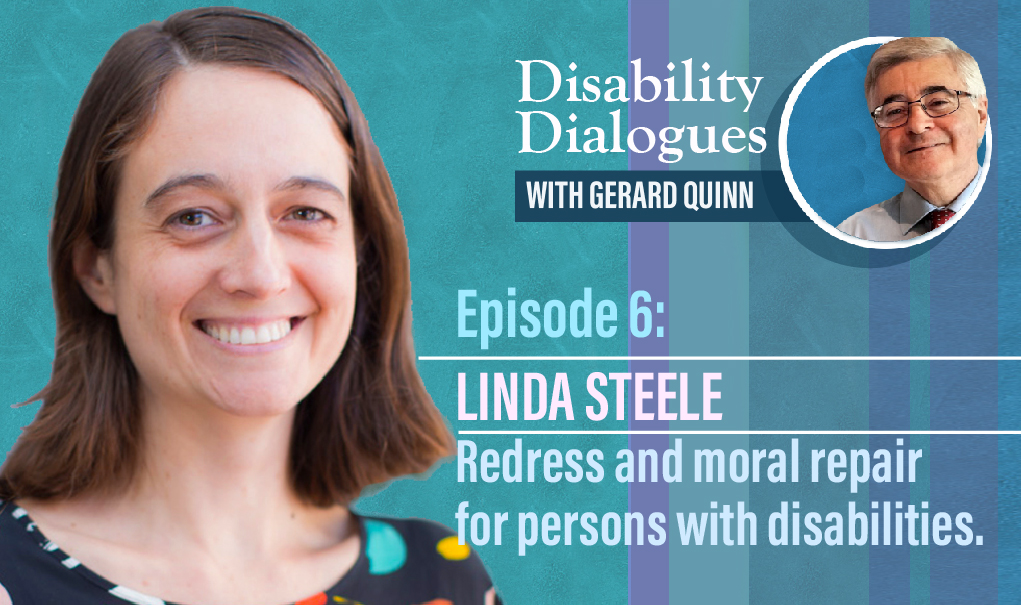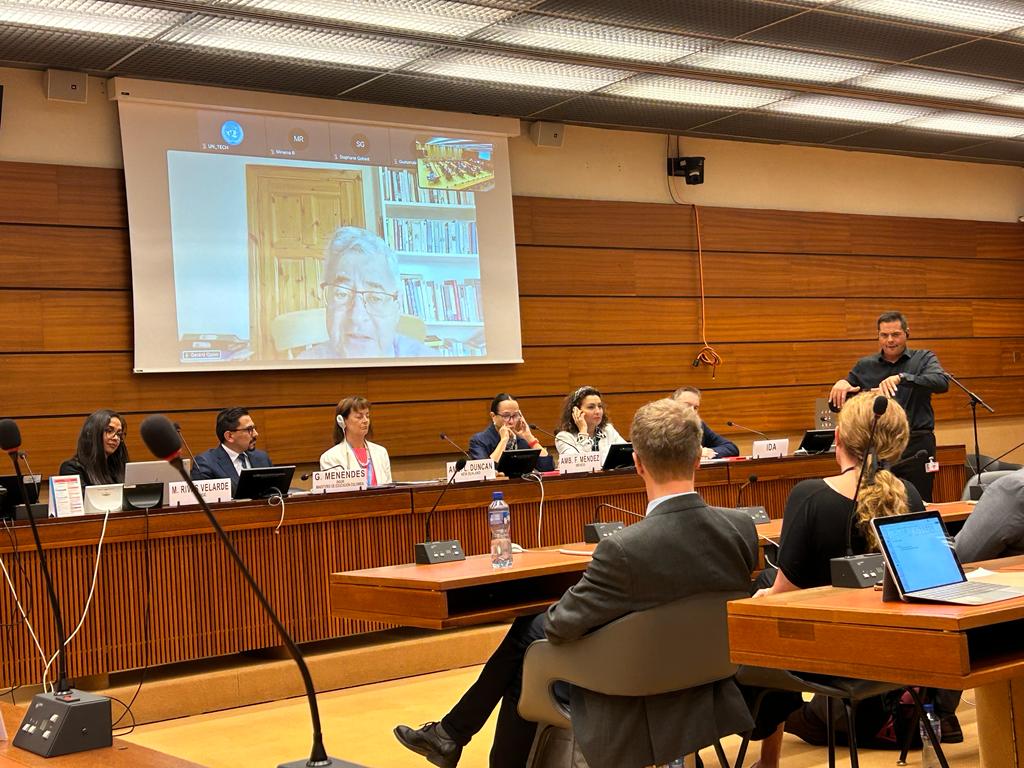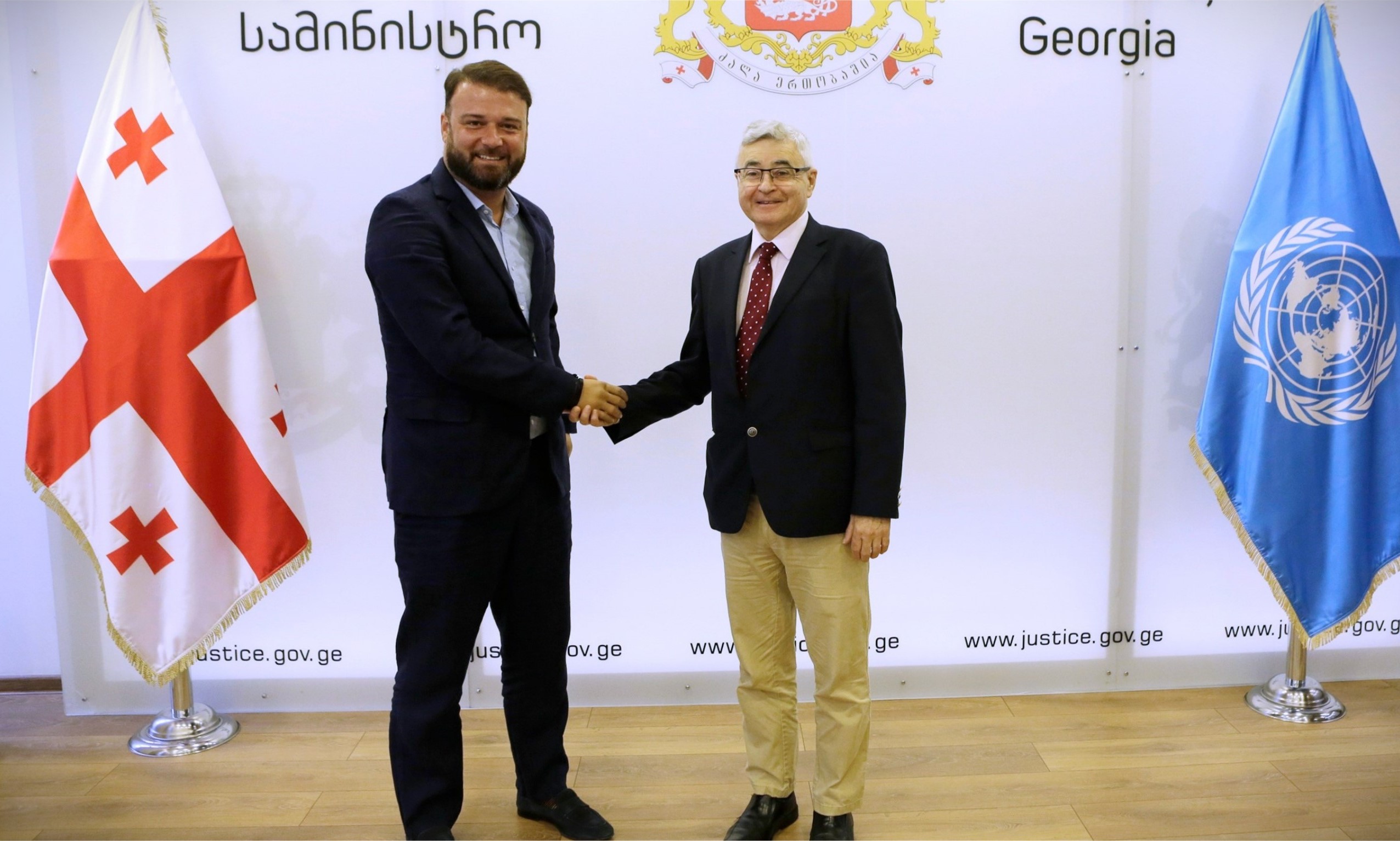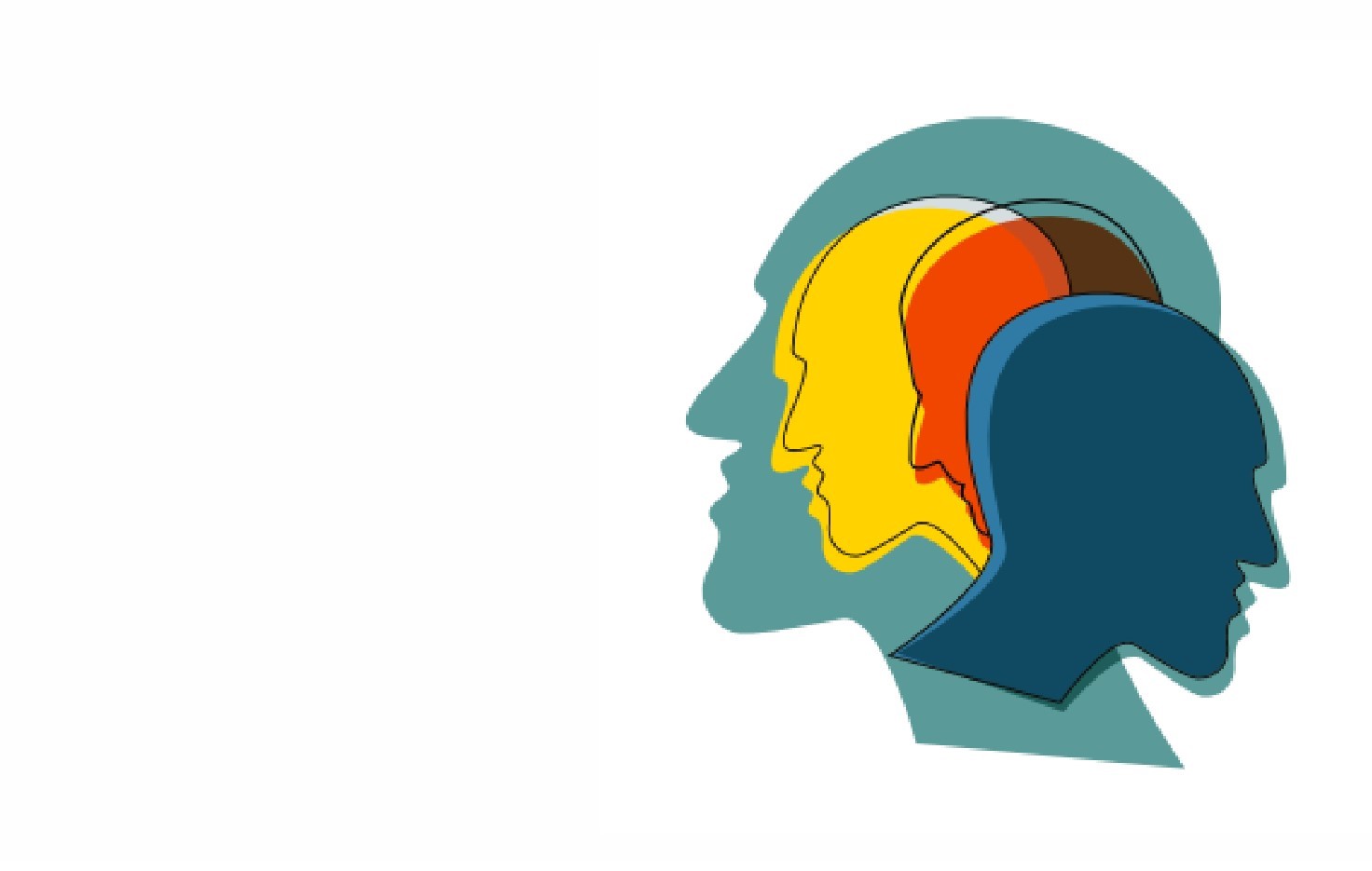In his presentation at the 2022 European Disability Forum conference in Dublin, Gerard Quinn explains how the Convention on the rights of persons with disabilities is allowing those who were assumed to be hidden permanently from the world to have their moral agency and autonomy respected and restored.
A funny thing happened on the way to the forum drafting the treaty. We all expected - myself included - that the treaty would be yet another UN thematic equality treaty - an effort to make general human rights real for a forgotten minority.
But there was something else. A lot of DPOs and NGOs insisted that if the treaty were to be confined to that, then it would only treat the symptoms and not the root cause of inequality later in life.
And the root cause was the discounting of the personhood of persons with disabilities - invisibility in its most extreme form. Remember, the publication that launched the career of EU disability law reform was entitled 'Invisible Citizens.'
The 'myth system' of our law was that each human being is a free moral agent - free to make our own way in the world, free to make our own mistakes and free to evolve.
The 'operation system' ran directly counter. Many groups - not just persons with disabilities but also many older persons - were excluded from the freedoms associated with moral agency - many lost their personhood and the rights associated with it. I don't need to tell you how this impacted on persons lives in so many different domains, banking, voting, family relations, health care, access to courts, etc.
There are many causes for this 'civil death.'
One of the mistakes of the Enlightenment was that cognitive capacity and rationality was said to lie at the essence of what it means to be a person. Avid readers of World Bank studies can attest that this is not factually true. In their landmark 2015 study on Mind and Society, the World Bank reckons that most of our decisions are automatic, some are social, whereby one mimics outcomes of groups one wants to belong to, and only a minority are rationally based. That being so, it is amazing to see how laws around the world still cling to the flimsiest possible basis for assigning or withdrawing personhood - namely rationality.
This led to a longstanding embarrassment within the field of ethics - an insistence that the only 'morally considerable person' was the rational person.
Doubtless another reason for the long policy career of 'civil death' had to do with convenience, administrative rationality and the very structuring of social systems that had evolved to 'protect' persons with disabilities. Even though the science on what or who makes a person had moved on, these systems carried with them their own momentum against change. The dead hand of policies past.
So, the innovations in Article 12 - and I would say connected with Article 19 - were in fact long overdue and are now said to compose the 'very object and purpose' of the treaty.
Decoded, Article 12 really stands for the proposition that our personhood - our moral agency - while it is affected by disability, it is not ruined by it.
That being so, ways have to be found to incentivize new techniques of discovery - to uncover the person behind the disability. This was something we did not have to do before since our laws and policies simply assumed that the person was unreachable. We now know, in fields as diverse as speech and language, that it is technically possible to interpret even informal communication. The net effect is that those who were assumed to be hidden permanently from the world are revealable - and can have their moral agency both respected and restored.
In a way, current understandings of Article 12 are closer to scientific fact than are outdated laws still based on an assumption that rationality is the essence of personhood. Indeed, one trend within neuroscience is not just to question the boundary between rationality and emotion but to deny that any such boundary exists.
I believe the world is just beginning to wake up to the devasting consequences of 'civil death' and to the reality that traditional approaches were certainly not evidence-based. But when paradigms shift, they always bring their own set of issues, problems and boundary disputes. This is an inevitable part of the process of change.
For example, how do we police supports to ensure they are genuinely enabling rather than undermining (even with the best of intentions). How can 'best interpretation of will and preferences' work when the interpreters disagree among themselves? What is the balance between naturally occurring supports and those supplied by the State or emanations from the State? Is it true to say that supports have to be immediately provided are can they be 'progressively realized'?
And then there is the spill over question. How can or should this shift affect outlying policy domains where the supposition of 'civil death' is still dominant. The field of mental health comes immediately to mind. To me, the recent draft Guidance from the WHO on human rights, mental health and human rights is a great contribution in making sure that these new ideas about personhood re-animate a field too long controlled by the medical model. It matters that this message is coming from the WHO.
Ladies and gentlemen, all of these issues, questions and problems come with the territory of working out the logical entailments of shifting from the 'civil death' of persons with disabilities to giving 'civil life' to persons with disabilities. They are not blocks to change - but incentives to find solutions.
In truth, we are just at the beginning. it is a journey that policy makers, legislators and civil society have to co-own. As a journey it sets the policy imagination free. For one thing, it radically requires a re-think of what 'protection' means set against the backdrop of an assumption about personhood and moral agency. It requires honesty and openness. Governments around the world are innovating - and are learning from the space being opened up.
I was personally surprised that the new EU Strategy did not innovate by offering to provide guidance and technical assistance to Member States as we all gravitate away from models of 'civil death'. We need to learn from each other and this would have been a great EU-added value to the work of the Member States. But thats for another day.
Events like yours today are important. The shift from 'civil death' to 'civil life' is a global phenomenon and every conversation counts in moving the dial.
I factor the 'civil life' and moral agency of persons with disabilities into all my work. I recently concluded a Thematic Study on protecting civilians with disabilities during armed conflicts and, in the process, reinterpreted what protection means. But I will build on that by conducting a similar study on the moral agency and voice of persons with disabilities worldwide in peacebuilding processes - not just part of a problem but also a key part of the solution.






